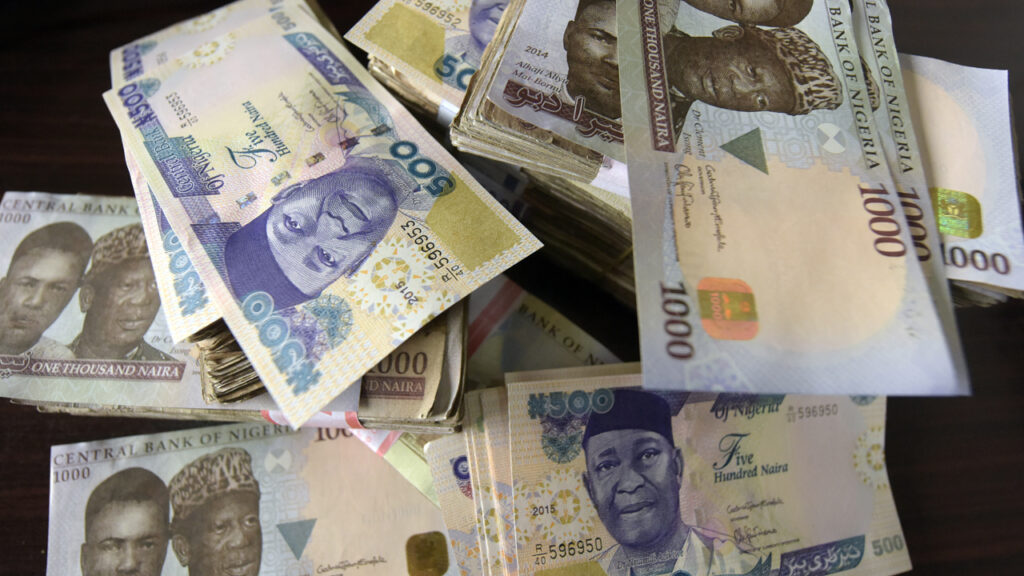Nigeria’s money supply recorded its first decline in 2025, falling to N110.32tn in February from N110.94tn in January, data from the Central Bank of Nigeria showed.
The 0.56 per cent month-on-month drop comes amid continued efforts by the apex bank to manage liquidity in the system, following earlier signals of monetary tightening and foreign exchange adjustments.
Despite the marginal slowdown, the figure remains significantly higher compared to the same period last year. In February 2024, money supply stood at N95.56tn, indicating a year-on-year increase of 15.45 per cent.
The increase in M3 money supply, which includes both net foreign assets and net domestic assets, provides a broader view of the country’s monetary dynamics.
The slight contraction in February reflects developments across both foreign reserves and domestic credit.
A closer review of the underlying components shows that net foreign assets dropped by 8.62 per cent to N32.34tn in February, down from N35.39tn in the previous month.
This represents a reduction of over N3tn and may be linked to lower external reserves or increased foreign exchange interventions by the central bank aimed at stabilising the naira.
Conversely, net domestic assets rose to N77.97tn in February from N75.55tn in January, an increase of 3.21 per cent, suggesting continued credit expansion within the local economy.
Year-on-year, net foreign assets rose sharply from N7.41tn recorded in February 2024, representing a growth of over 337 per cent. The surge reflects the impact of exchange rate reforms and increased foreign inflows.
Meanwhile, net domestic assets dipped slightly from N88.15tn over the same period, possibly pointing to a reallocation within the financial system driven by changing policy direction.
Broad money supply, captured under M2, also witnessed a slight decline in February, dropping to N110.31tn from N110.93tn in January.
The 0.56 per cent fall mirrors the trend observed in M3. However, on a yearly basis, M2 rose by 17.39 per cent, up from N93.97tn in February last year. The data highlights a broader expansion in money supply over the past 12 months, consistent with increased government spending and other fiscal measures.
In contrast, the narrow money supply, which includes currency in circulation and demand deposits, rose in February. The figure climbed to N37.57tn, up from N36.77tn in January, marking a 2.18 per cent increase.
Compared to February 2024, when narrow money stood at N30.28tn, this translates to a growth rate of 24.07 per cent. The increase may be attributed to higher transactional demand for cash and short-term liquidity needs amid ongoing inflationary pressures and currency volatility.
The decline in overall money supply, despite the rise in narrow money and net domestic assets, suggests a shift in the structure of liquidity. The drop in net foreign assets appears to have weighed heavily on M3, even as domestic credit conditions remain stable.
The sharp rise in foreign assets observed over the past year now appears to be levelling off, possibly due to stabilising inflows or the effects of the CBN’s activities in the foreign exchange market.
With inflation still elevated and the naira showing signs of stability, the slight contraction in February’s money supply could offer some room for the CBN to fine-tune its policy tools.
The latest figures are expected to shape deliberations at the next Monetary Policy Committee meeting as the apex bank continues to navigate the delicate balance between inflation control and economic growth.














